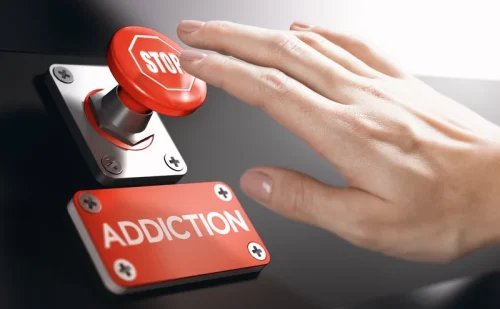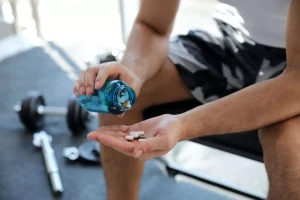
This is because alcohol impacts the same areas of the brain that help regulate mood. Drinking can alter the brain’s chemical levels, which can trigger the symptoms of a mental health illness, such as depression. Persistent depressive disorder greatly increases the likelihood of developing a substance use disorder, such as alcoholism.
Join A Study
- If you have certain conditions, including depression, you could be at an increased risk of getting alcohol use disorder.
- People with a prior mental health condition may be particularly prone to holiday depression.
- Dealing with different routines, family gatherings, travel, high expectations, and other holiday happenings can contribute to feelings of sadness and depression in kids.
- Indeed, several disorders are more likely to be observed in COA’s than in control groups, including conduct problems, such as difficulties with discipline at home or in school (Schuckit and Hesselbrock 1994).
Finally, the etiology, course, and treatment of both AUD and depression differ substantially by gender. Women have been underrepresented in much of the research on co-occurring AUD and depressive disorders, particularly in the early research on this topic. The research needs more representation of women to increase understanding of the sex differences and to better characterize the mechanisms underlying women’s heightened vulnerability for depressive disorders. These populations experience disparities in access to care for AUD and depressive disorders but are underrepresented in studies of these disorders. The substantial variability in the course of co-occurring AUD and depressive disorders may reflect discrete underlying mechanisms, requiring distinct treatment approaches.
Depression and Alcohol Use Disorder: Are They Connected?

Moreover, tolerance to alcohol can increase alcohol intake, which in turn may exacerbate sleep symptoms. PTSD is characterized primarily by alterations in arousal and recurrent intrusive thoughts that follow a traumatic event. Among those with AUD, about 15-30% overall have https://ecosoberhouse.com/ co-occurring post-traumatic stress disorder, with increased rates of 50-60% among military personnel and veterans.28 The two conditions may worsen each other. Thus, here, too, it’s important to be cognizant of the signs of PTSD in patients with AUD, and vice versa.
- Mayfield says his depression initially worsened when he didn’t have alcohol to cope — but working with a therapist who specialized in addiction, participating in AA, and using meditation and exercise helped him stay sober.
- Alcohol and depression are connected in several ways, and the two often feed off of one another.
- The Division of Intramural Research Programs (IRP) is the internal research division of the NIMH.
- Fortunately, several important ongoing studies will help answer some remaining questions regarding the treatment of coexisting depressive or anxiety disorders in the context of alcoholism.
Treatment for Co-Occurring Depression and Alcohol Use Disorder

This is a well-known approach that many professionals utilize when treating depression and alcohol use together. These feelings may develop after a difficult life experience like losing alcohol and depression one’s employment or a difficult breakup from a romantic relationship. These are life events that result in a variety of feelings, with sadness being a significant factor for them.

Research Funded by NIMH

How can I find a clinical trial for substance use and co-occurring mental disorders?
Getting to NIMH
Alcohol Use Disorder and Depressive Disorders
- “I used alcohol to cope with feelings of isolation and sadness,” he says.
- Some people may drink to try to relieve the symptoms of mental ill-health.
- If you or your loved ones are worried about your alcohol use or think you have alcohol use disorder, talk to your doctor or a mental health specialist about treatment options.